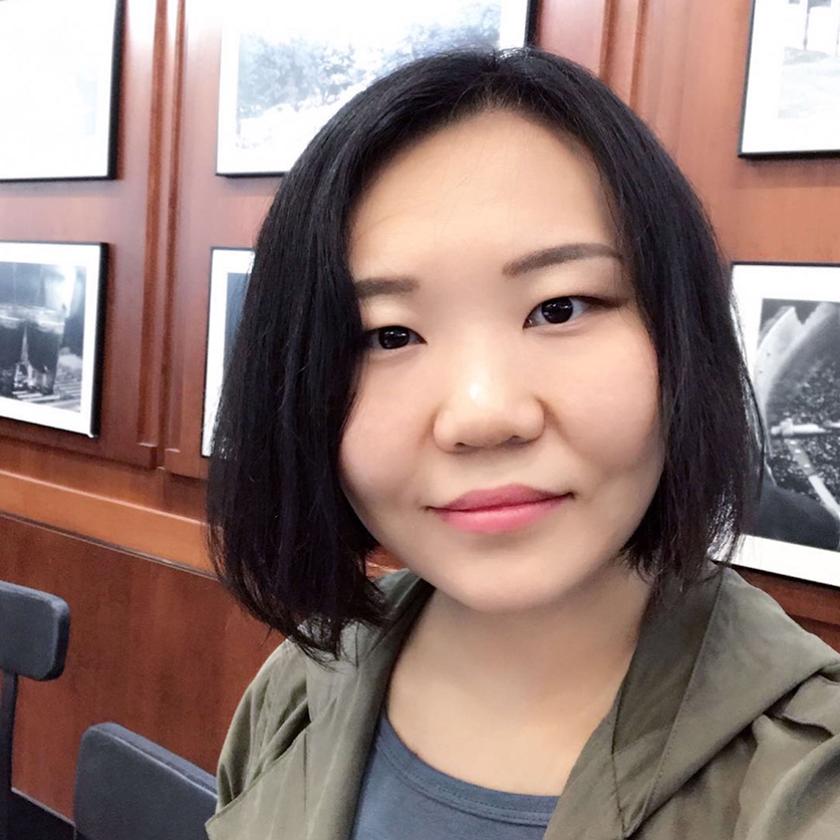Qiuyan Guo's Dissertation Defense

Doctoral student Qiuyan Guo will defend her dissertation "Exploring Chinese Celebrity Fans’ Online Information Behaviors and Understandings of Their Practices."
Abstract:
Despite that contemporary celebrity fans ongoingly engage in fandom-related information activities on social media, these extensive interactions are rarely explored in scholarship. Researchers have also yet to consider how fans perceive and make decisions about these information activities especially in the Chinese entertainment context where celebrity fan culture is largely considered “problematic” by the public. This dissertation thus provides an exploratory study that aims to examine how fans seek, make sense of, create, and share information based on their celebrity interpretations, an essential aspect of their fandom, and how they understand their own interpretation-centered information practices. The investigation borrows theories from both information sciences and fan studies fields and was conducted on the representative online fan communities of two Chinese musical actors, Ayanga and Yunlong. Unobtrusive observation of 80 fans on the Weibo social media platform and sequential semi-structured interviews with 30 individual fans were used to collect data, which was then analyzed through inductive and thematic approaches.
The findings reveal that fans interpret three key facets of both actors (personalities, career developments, and relationship) and construct 13 interpretation categories, on which basis they engage in information activities to enjoy their fandom and validate their beliefs. For fandom enjoyment, fans seek and make sense of information that aligns with and enriches their interpretations, while creating and sharing information about these interpretations within their own communities and toward common netizens. For belief validation, fans seek information to reassure their interpretations against opposing views and collectively make sense of it through more information creating and sharing, which sometimes escalates into fierce arguments between fans holding opposing interpretations. Enthusiastic about these information activities, fans intentionally improve their literacy in the areas of seeking and making sense of interpretation-oriented information and increasing the visibility, trustworthiness, and appeal of their created content. Fans perceive the “problematic” Chinese celebrity culture, hinging on fans promoting celebrities and having conflicts with each other, to be a result of the entertainment industry’s manipulation and thus forcedly accept its current prevalence. Under this premise, fans value both the quantity and quality of promotional information they create about the actors while viewing opponents’ confrontational behaviors as incited by industry professionals and their own as stemming from personal convictions.
These findings enrich scholarly perspectives on multiple aspects within information behavior and literacy research as fans fundamentally exhibit strong and decisive agency when navigating information on social media for both themselves and others. This is mainly demonstrated in fans generating new knowledge to match their interpretations, forming deliberate echo chambers, imposing information needs on others, and learning to enhance these information-related abilities. These fan practices also represent evolving user behaviors on social media and showcase how contemporary Chinese celebrity fans unwillingly adapt to the current fan culture.
Her committee includes Dr. Carol Tilley, Chair; Dr. Kathryn La Barre; Dr. Melissa Ocepek; Dr. Laura Hetrick (UIUC, Art and Design).
For any questions, please contact Qiuyan Guo.